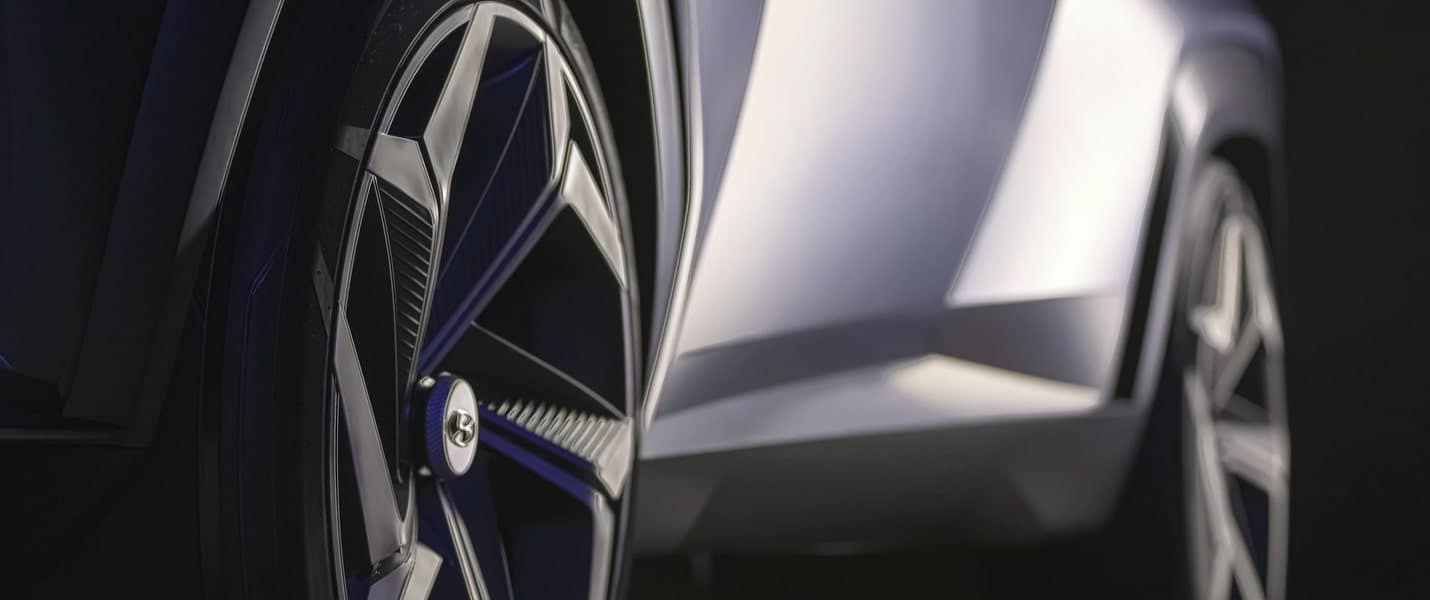
“A Guide to Avoiding Pitfalls When Purchasing Forged Wheels: A Comprehensive Analysis of ET Values, J Values, and Materials”
Purchasing forged wheels can significantly enhance your vehicle’s performance, aesthetics, and handling. However, choosing the wrong specifications or materials can lead to fitment issues, safety risks, and wasted money. This guide will help you avoid common mistakes by understanding ET (Offset) values, J (Rim Width) values, and material selection.

1. Understanding ET (Offset) Values
The ET (Einpress Tiefe, or “offset”) measures how far the wheel’s mounting surface is from its centerline. It is crucial for proper fitment and avoiding rubbing or suspension interference.
Types of Offset:
- Positive Offset (ET+): The mounting surface is toward the outer face (common in front-wheel-drive cars).
- Zero Offset (ET0): The mounting surface aligns with the centerline (common in classic or off-road vehicles).
- Negative Offset (ET-): The mounting surface is toward the inner face (common in deep-dish or aggressive-fit wheels).
Common Pitfalls with Offset:
❌ Rubbing on fenders or suspension – If the offset is too low (more negative), the wheel may stick out too far and rub against fenders or suspension components.
❌ Poor handling characteristics – An incorrect offset can affect steering response and load distribution.
✅ Solution: Check your vehicle’s OEM offset range and consult fitment guides before purchasing.
2. Decoding J Values (Rim Width)
The J value indicates the wheel’s width in inches (e.g., 8J = 8 inches wide). It determines tire compatibility and affects grip, stability, and aesthetics.
Common Pitfalls with J Values:
❌ Tire stretch or bulge – A wheel too wide for the tire can cause unsafe stretching, while a wheel too narrow may cause tire sidewall bulging.
❌ Rubbing on inner components – Excessively wide wheels may interfere with suspension or brake components.
✅ Solution: Match the J value to your tire size using manufacturer recommendations.
3. Choosing the Right Material: Forged vs. Cast Wheels
Forged wheels are stronger and lighter than cast wheels, but material quality matters.
Common Forged Wheel Materials:
- 6061-T6 Aluminum: High strength-to-weight ratio, common in performance applications.
- 7075-T6 Aluminum: Stronger than 6061 but more expensive (used in aerospace and racing).
Pitfalls in Material Selection:
❌ Low-quality forgings – Some cheaper forged wheels may use inferior alloys, reducing durability.
❌ Improper heat treatment – Poorly treated wheels can crack under stress.
✅ Solution: Buy from reputable brands (e.g., BBS, HRE, Volk Racing) that certify material quality.
4. Additional Considerations
- Hub Bore & Centerbore: Ensure the wheel’s center bore matches your vehicle’s hub to avoid vibrations.
- Load Rating: Verify the wheel can handle your vehicle’s weight.
- Bolt Pattern (PCD): Must match your car’s lug arrangement (e.g., 5×114.3).
Final Tips for Safe Wheel Purchasing
✔ Use a fitment calculator (e.g., WillTheyFit.com) to test ET and J values.
✔ Consult forums or professionals for your specific car model.
✔ Avoid extreme offsets unless you’re prepared for modifications (fender rolling, camber adjustments).
By understanding ET, J values, and materials, you can avoid costly mistakes and choose forged wheels that improve performance without compromising safety.








